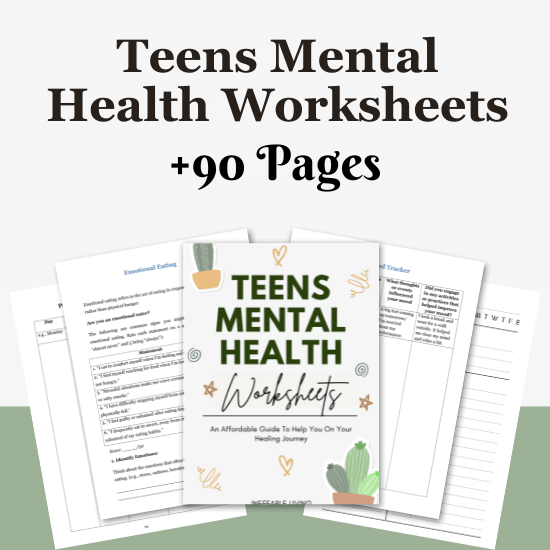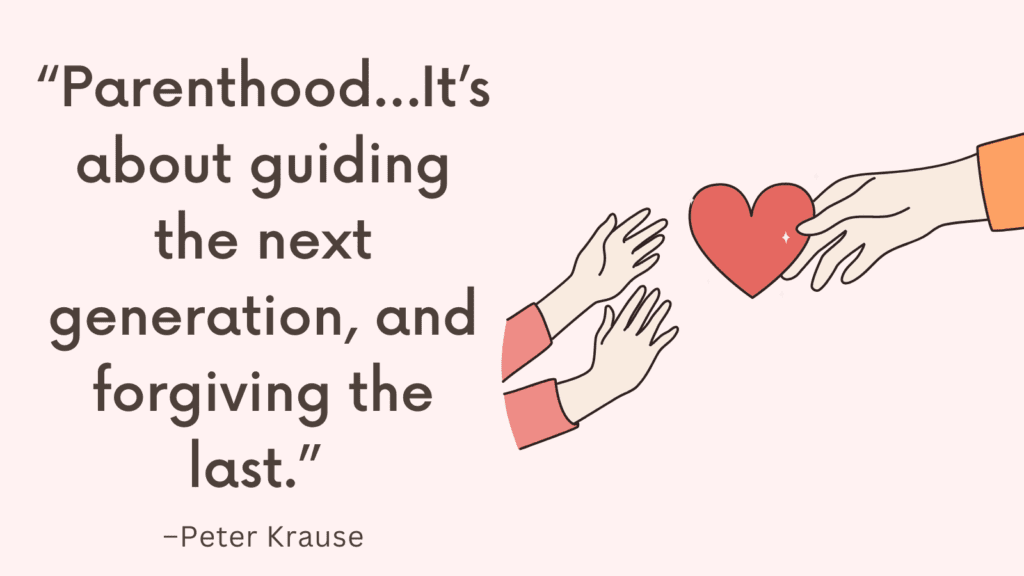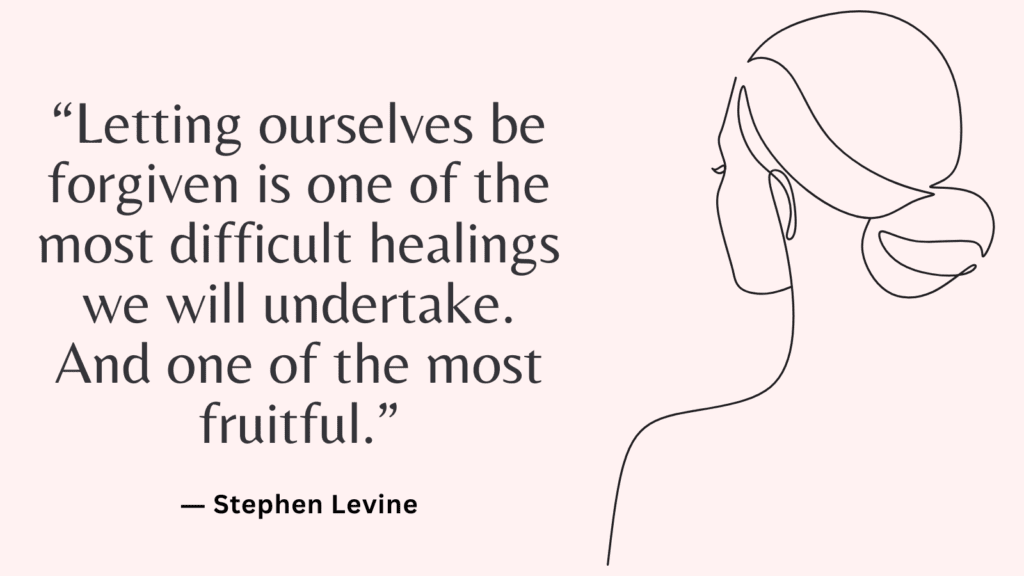In this post, you’re going to learn how to deal with angsty teenager.
What Causes Angst In Teenager?
Angst in teenagers is a common phenomenon, often characterized by feelings of deep anxiety, insecurity, and apprehension about life, the future, and one’s place in the world.
This emotional turmoil is not just a part of growing up but is influenced by a myriad of factors, both internal and external.
Here are some of the primary causes:
1. Biological Changes
– Hormonal Fluctuations: Puberty brings about significant hormonal changes that can affect mood and emotions, leading to increased irritability, mood swings, and anxiety.
– Brain Development: The teenage brain is still developing, particularly the prefrontal cortex, which is responsible for decision-making, impulse control, and understanding consequences. This can lead to heightened emotions and sometimes poor decision-making.
Related: Best 50 Affirmations For Teens
2. Social Pressures
– Peer Pressure: The desire to fit in and be accepted by peers can cause significant stress and anxiety. Teens may feel pressured to conform to group norms, which can include behaviors and attitudes that they might not otherwise engage in.
– Social Media: Constant exposure to social media can exacerbate feelings of inadequacy, jealousy, and loneliness. Teens often compare themselves to the curated lives they see online, leading to decreased self-esteem and increased angst.
3. Academic and Future Expectations
– School Stress: The pressure to achieve high grades, along with the workload from school, can be overwhelming for some teens. This is compounded by the need to make decisions about their future, such as college or career paths, at a young age.
– Extracurricular Commitments: Participation in sports, arts, and other extracurricular activities, while beneficial, can also add to a teenager’s stress if not balanced properly.
Related: Top 10 Self Care Activities For Teens
4. Identity and Self-Image Issues
– Search for Identity: Teenagers are at a stage where they are trying to figure out who they are, which can lead to confusion and existential angst. Questions about sexuality, gender identity, and personal beliefs can cause significant inner turmoil.
– Body Image: Puberty brings physical changes that can cause discomfort and dissatisfaction with one’s body image, contributing to angst and insecurity.
5. Family Dynamics and Relationships
– Family Conflict: Conflict at home, whether it’s parental expectations, divorce, or other familial issues, can significantly impact a teenager’s emotional well-being.
– Lack of Support: Teens who feel unsupported by family or lack a close network of friends may experience heightened feelings of isolation and angst.
Related: 4 Essential Keys To Effective Communication
How to Deal with Angsty Teenager?
1. Create a Safe Space
Foster an environment where your teen feels safe to express their feelings without judgment. Show that you’re open to listening and understanding their perspective.
Practice active listening, which involves giving your full attention, acknowledging their feelings, and refraining from immediate criticism or advice-giving.
When expressing your concerns, use “I” statements to communicate how their behavior affects you, reducing the likelihood of defensive reactions.
2. Establish Trust and Respect
Show respect for their privacy and independence, which helps build trust and encourages open communication.
Consistency in rules and expectations, as well as in showing love and support, provides a sense of stability and security.
Demonstrate how to deal with emotions and conflict in a respectful and constructive manner.
Related: How To Validate Someone’s Feelings Without Agreeing? (+Examples of Validating Statements)
3. Support Emotional Regulation
Help your teen develop healthy coping mechanisms for stress, such as exercise, hobbies, or relaxation techniques.
Encourage them to express their feelings through writing, art, music, or conversation, which can provide emotional release and insight.
Normalize the experience of a wide range of emotions as part of human experience, helping them understand that feeling angst is okay and manageable.
4. Foster Independence and Responsibility
Give them opportunities to make choices and take on responsibilities, which can build their confidence and sense of agency.
Encourage them to come up with solutions to their problems, supporting them in the process but allowing them the space to navigate their challenges.
5. Education and Engagement
Keep yourself informed about the challenges and pressures facing teenagers today, which can help you understand and empathize with their experiences.
Consider attending parenting workshops or reading resources on adolescent development and psychology to enhance your understanding and parenting strategies.
Related: How To Respond To Invalidation? Top 7 Things You Can Do

Conclusion
Dealing with an angsty teenager requires patience, empathy, and a proactive approach to supporting their emotional and psychological well-being.
Remember, the goal is to guide them toward becoming well-adjusted, resilient, and emotionally intelligent adults.



